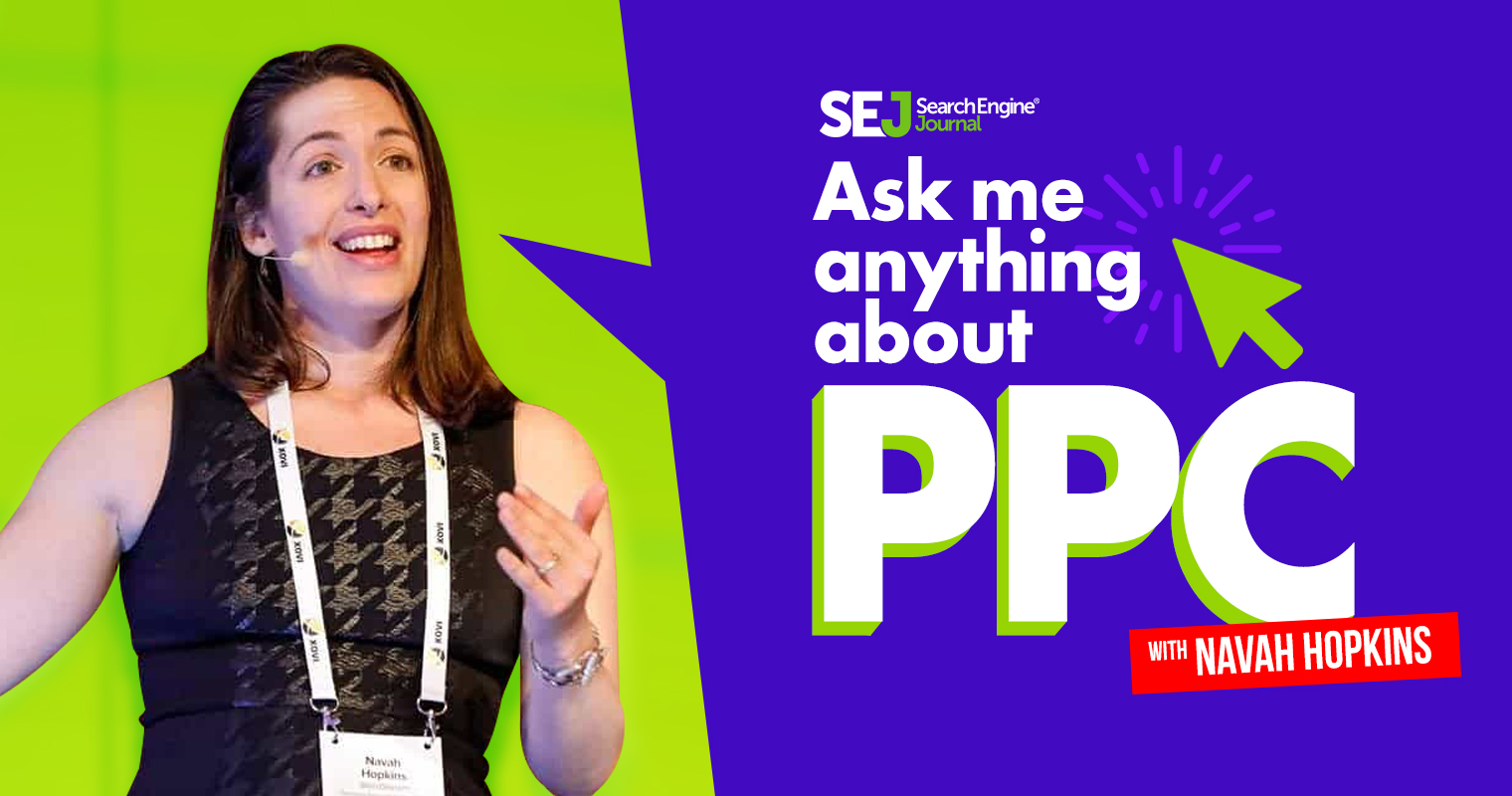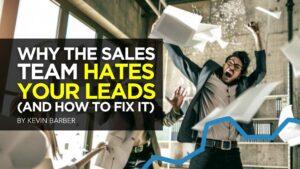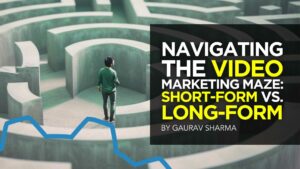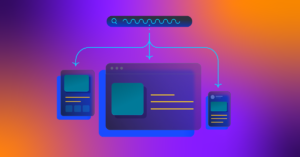
Every ad platform has some degree of automated bidding.
The decision to lean into giving ad platforms control over bids has gone from a hard no to “it depends.”
When implemented correctly, automated bidding can outperform human governed bids.
Goals that don’t align with the budget can doom automated bidding.
Additionally, automated bidding will block some settings from influencing the campaign.
So it makes sense that Caterina from Oslo wants to know:
“Does it still make sense to adjust locations, time, segments, and device bid with Google’s automated bidding strategies?”
In this installment of Ask the PPC, we’ll go over:
- The difference between manual, smart, and automated bidding.
- Which bidding strategies allow for manual adjustments.
- When it makes sense to go manual vs. automated.
What’s The Difference Between Manual, Smart & Automated Bidding?
Manual bidding is the most straightforward: The advertiser sets the bid and uses bid adjustments to direct budget toward or away from people, places, times, and devices.
Advertisers can choose to use scripts to automate manual bidding, so it’s closer to the real-time bidding found in automated/smart bidding.
Smart bidding focuses on a “smart” goal like conversions or return on ad spend (ROAS).
These bidding strategies only allow advertisers to adjust the budget and the goal parameters (target cost per acquisition and ROAS).
While you can still adjust some settings, they will not focus budget toward or away from people, places, times, and devices.
Automated bidding focuses on all other goals, such as target impression share and clicks.
These bidding strategies allow advertisers to adjust budgets and add bid caps.
Other than that, they have the same manual adjustment limitations as Smart bidding.
Which Bidding Strategies Allow For Manual Adjustments?
It can be tough to track exactly which adjustments are possible for all bidding strategies.
Here is a breakdown of what each does:
Manual (ecpc)
- Positive Bid Adjustments (increases bid): device, location, audiences, and schedule.
- Partial Negative Bid Adjustment (lowers bid): device, location, audiences, and schedule.
- Full Negative Bid Adjustment (exclusion): device, location, audiences, and schedule.
Maximize Clicks
- Positive Bid Adjustments: none.
- Partial Negative Bid Adjustment: none.
- Full Negative Bid Adjustment (exclusion): device, location, audiences, and schedule.
Target Impression Share
- Positive Bid Adjustments: none.
- Partial Negative Bid Adjustment: none.
- Full Negative Bid Adjustment (exclusion): device, location, audiences, and schedule.
Maximize Conversion Value
- Positive Bid Adjustments: none.
- Partial Negative Bid Adjustment: none.
- Full Negative Bid Adjustment (exclusion): device, location, audiences, and schedule.
Maximize Conversions
- Positive Bid Adjustments: device, location, audiences, and schedule will allow for a higher Target CPA goal.
- Partial Negative Bid Adjustment: device, location, audiences, and schedule will allow for a lower Target CPA goal.
- Full Negative Bid Adjustment (exclusion): device, location, audiences, and schedule.
When It Makes Sense To Go Manual vs. Automated
Budget is the biggest deciding factor for manual vs. automated bid adjustments/bidding strategies.
It’s critical that automated systems have enough data to fuel machine learning.
If the budget is constrained, you will need to go manual to force the budget to spend.
If you go manual, it’s ideal to keep the bids conservative and go aggressive on the bid adjustments.
For example, if the auction price ranges from $5 to $17, bid closer to the bottom range and use 50% to 75% bid adjustments.
Scripting bid adjustments can make sense if you have a larger account and/or you need to make real-time adjustments.
Fully automated (i.e., using bid strategies) can make sense if you have a reasonable budget for your industry.
The goal is to get here and use the adjustment categories as exclusions only.
Have a question about PPC? Submit via this form or tweet me @navahf with the #AskPPC hashtag. See you next month!
More resources:
Featured Image: Paulo Bobita/Search Engine Journal







